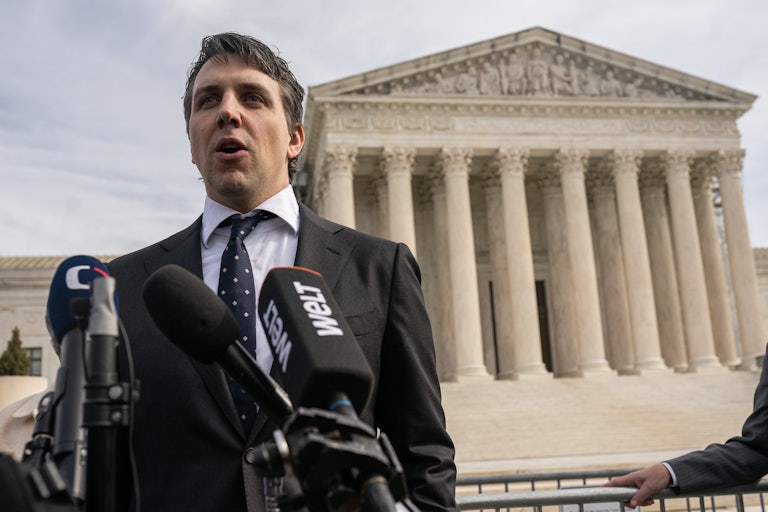Family Lives Matter
#FLM
Asking here without creating another thread. Does anyone else see the potential dangers of this in future elections? States having the ability to remove candidates off of ballots. I can see this quickly getting abused.
The danger of people.who tried to overthrow the government not being able to run as president?
Do you not see the stupidity in that logic?







